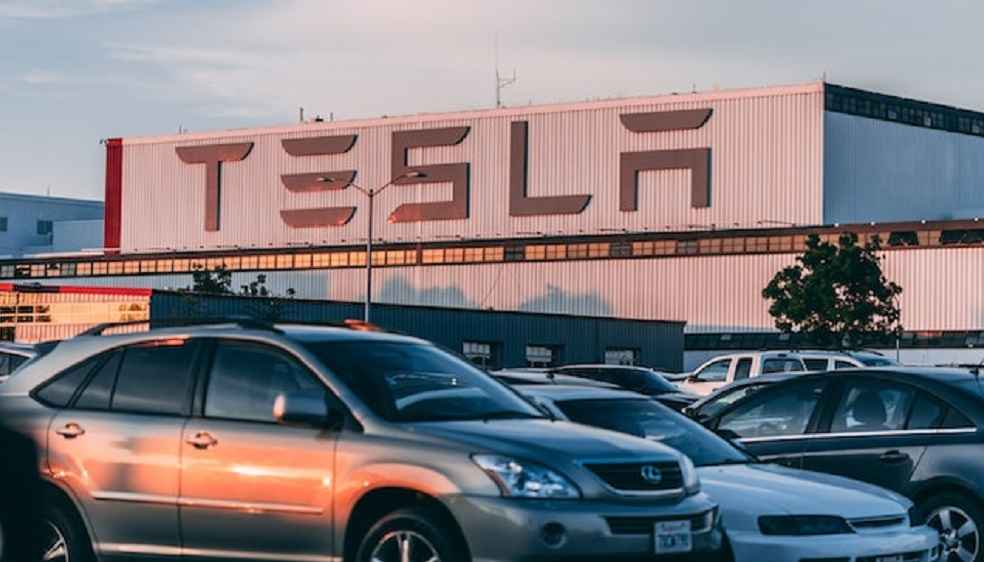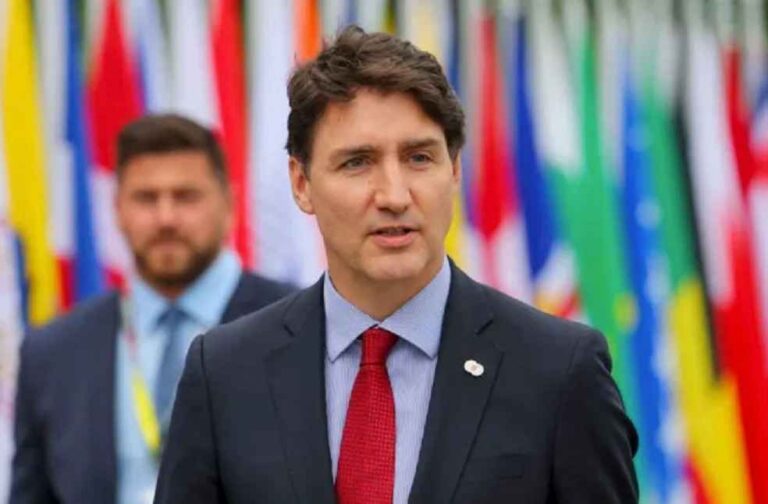Canada has escalated trade tensions by imposing a 100% tariff on Chinese-made electric vehicles, a move that aligns with recent U.S. and European actions. Prime Minister Justin Trudeau announced the decision at a cabinet retreat in Halifax, Nova Scotia, pinpointing China’s trade practices as the catalyst. Currently, Tesla stands as the sole importer of Chinese-made EVs into Canada, sourcing vehicles from its Shanghai factory, with no other Chinese-branded EVs present in the Canadian market.
This strategic decision reflects growing concerns over China’s influence in global trade. Trudeau’s administration also introduced a 25% tariff on Chinese steel and aluminum. The rationale behind these tariffs centers on preventing Canada from becoming a target for China’s aggressive market tactics, which have been described as attempts to flood the global market with low-cost products.

Deputy Prime Minister Chrystia Freeland highlighted the integrated nature of the North American auto sector, stressing the importance of Canada acting in unison with its allies. The tariffs aim to protect the domestic market from potential distortions caused by China’s vast production capabilities, particularly in the EV sector.
U.S. National Security Advisor Jake Sullivan had previously encouraged Canada to implement these tariffs, underscoring the need for a coordinated response among Western nations. The Trudeau government’s decision follows a 30-day consultation period, designed to assess the impact of China’s trade practices on the Canadian market.

China’s dominance in sectors such as electric vehicles, solar cells, and raw materials like steel and aluminum has drawn increasing scrutiny. Chinese firms, buoyed by government subsidies, can sell EVs at a fraction of the cost of their Western counterparts, creating significant imbalances in global trade. These subsidies enable Chinese companies to operate with little concern for profitability, allowing them to undercut competitors on price.
President Joe Biden has vocally criticized these practices, framing them as a direct challenge to fair global competition. Chinese officials, defending their approach, argue that their production methods contribute to lowering global prices, particularly in sectors critical to the green economy.
GLOBAL ROUNDUP | Amit Shah Demands Ruthless Crackdown on Global Drug Trade



